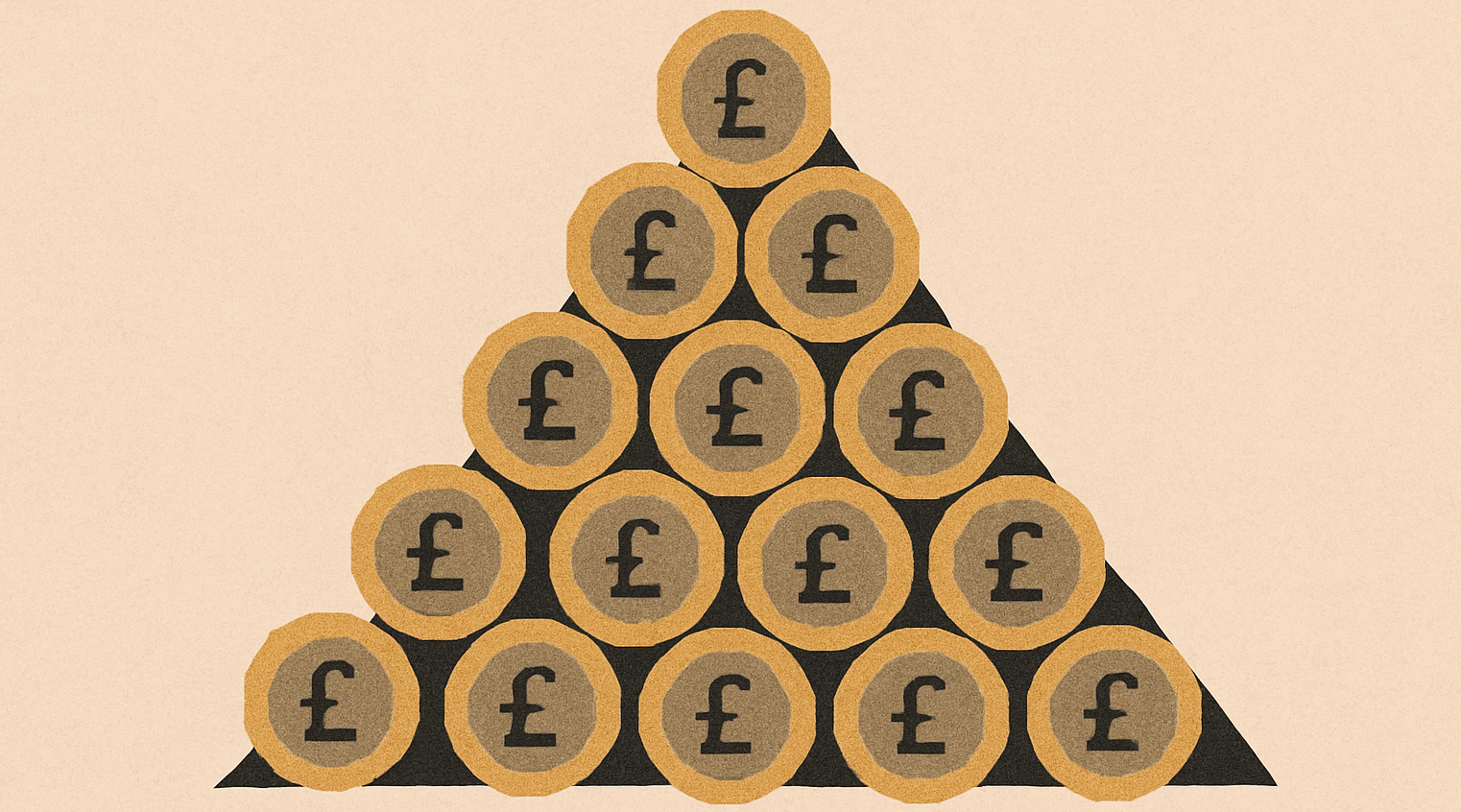Debt consolidation pros, cons, and benefits
A practical guide to the gains - and the risks - of consolidating your debts.

Related articles
Debt consolidation pros, cons, and benefits
But before jumping into debt consolidation, it’s important to understand the real benefits, potential drawbacks, and smart approaches. With the right advice and some practical tips, you can take control of your finances instead of letting them control you.
Key benefits of debt consolidation
Debt consolidation isn’t magic, but it can make your situation a lot simpler when used wisely. Here’s why it might be worth considering:
- Single monthly payment - Instead of tracking multiple loans or credit cards, you only have to make one repayment every month.
- Potentially lower rates - By consolidating high-interest debts into one loan with a lower rate, you could save money over time.
- Easier budgeting - Knowing exactly how much you owe each month makes planning your spending easier.
- Better credit - Paying off multiple accounts on time can help you manage your credit and boost your score over time.
- Stress relief - Seeing one balance instead of multiple debts can reduce anxiety and make repayment feel achievable.
Tip: To really see the benefits of debt consolidation, you should pair your loan with a realistic repayment plan and careful budgeting.
Potential downsides and pitfalls
Not all debt consolidation solutions suit everyone. Being aware of the possible cons can help you make a balanced choice:
- Longer repayment term risks - Stretching your repayments to reduce monthly costs could mean paying more interest overall.
- Upfront fees - Some loans or services charge arrangement fees that may offset any savings.
- No automatic debt elimination - Consolidating doesn’t solve underlying spending problems, so bad habits can lead to more debt.
- Impact on credit score - Applying for a consolidation loan may cause a temporary dip in your score due to a hard search.
- False sense of security - Treating the loan as a quick fix without proper planning can make matters worse.
- Variable interest rates - Some loans start with a low rate that can rise significantly, increasing your overall cost if not fixed.
- Limited flexibility - Certain loans may charge you for early repayment, or you may be tied to fixed monthly payments that don’t adapt.
- Scams and predatory offers - Beware of companies promising guaranteed loans or “too-good-to-be-true” rates. Always verify FCA registration.
Tip: Consider these factors alongside expert debt consolidation advice to make sure your plan is strategic and workable.
Summing up
Debt consolidation simplifies repayments, may save money, and can improve your credit management. But it’s not a cure-all. Longer repayment terms, fees, and even scams mean it’s essential to research your options carefully. You should also plan and address any underlying spending habits, so that the process can really benefit you.
Frequently Asked Questions: Secured Loans
Is debt consolidation right for everyone?
Not necessarily. It’s most effective for people who can manage one loan responsibly, want to simplify repayments, and are committed to improving their finances. Those with poor spending habits or very low income might need alternative solutions first.

What are the main debt consolidation benefits?
Key benefits include a single monthly payment, potential interest savings, easier budgeting, psychological relief, and improved credit management. Effectiveness depends on using the loan wisely and maintaining responsible repayment habits.

Can debt consolidation hurt my credit score?
Applying for a consolidation loan may involve a hard search, which can temporarily lower your credit score. But making consistent, on-time repayments over the life of the loan can improve your score over time.

Are there risks in consolidating debts?
Yes. Longer repayment terms can mean paying more interest, fees may reduce savings, and consolidating won’t fix poor spending habits. Careful planning and debt consolidation advice can minimise these risks.

What tips for debt consolidation can make it successful?
Compare lenders for the best rates, create a clear budget, avoid taking on new debt, set realistic repayment goals, and seek expert advice if needed. Being proactive increases your chance of using debt consolidation effectively.


The details shown are for illustration only and may not include all lenders or products. Actual rates and terms depend on your circumstances and the lender’s assessment. Information was correct at publication but may change at any time.






